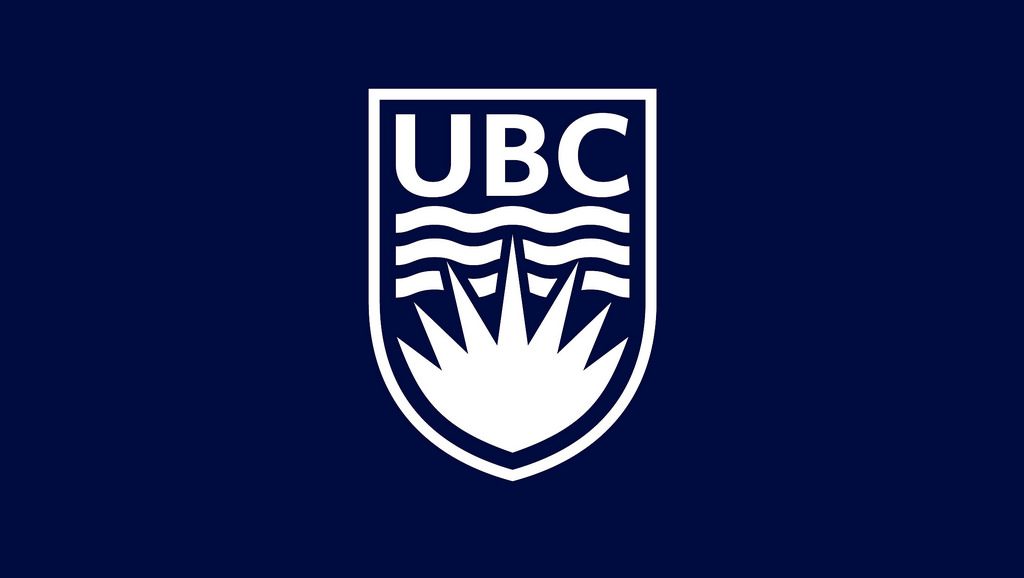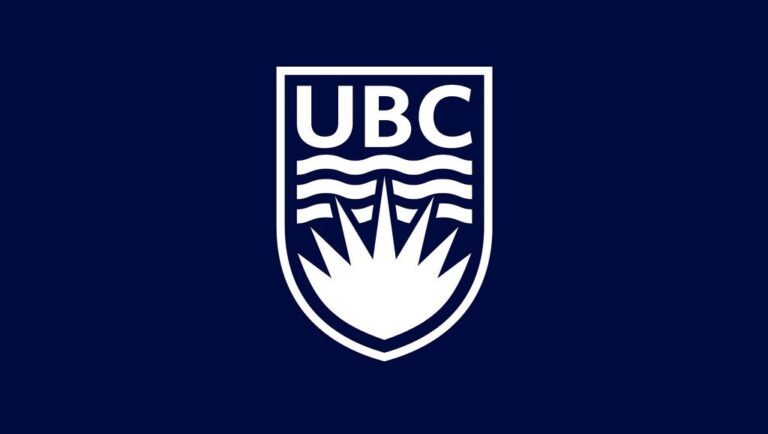UBC Board of Governors approves balanced operating budget for 2025/26
UBC is projecting a balanced financial position as part of its 2025/26 budget, approved by the university's Board of Governors this week.

UBC is projecting a balanced financial position as part of its 2025/26 budget, approved by the university’s Board of Governors this week.
The budget report acknowledges the challenging and evolving landscape affecting all Canadian post-secondary institutions, while also highlighting UBC’s commitment to advancing its core academic mission and to ensuring the university’s long-term financial resilience.
“We recognize the more challenging times our institution and our community are experiencing, and in particular the many financial, political, and competitive challenges that are before us,” says Gage Averill, Provost and Vice-President Academic, UBC Vancouver. “Across the university we are making a concerted effort to protect our financial sustainability in order to continue enhancing teaching and research excellence at UBC.”
UBC follows a decentralized budget model, meaning that Faculties and administrative units have local responsibility for managing budgets within their respective areas before they are combined. The budgets for each main campus (Vancouver and Okanagan) are then determined separately before being consolidated into a single financial plan. While the balanced operating position for 2025/26 means that revenues are expected to cover expenses at an institutional level, the report recognizes that financial pressures are not evenly distributed across the university.
“Similar to other post-secondaries in Canada, leaders across UBC’s campuses, faculties and units are navigating a range of rising costs and funding constraints,” says Frank Laezza, Vice-President of Finance & Operations. “We remain focused on actively and thoughtfully managing revenues and expenses to support long-term financial sustainability. These are real challenges, but as we did with Budget 2024/25 we are responding carefully and prudently to ensure UBC continues advancing its academic mission.”
As the impacts of government policy changes, growing geopolitical uncertainties, and heightened competition in the sector continue to evolve, the budget conservatively projects a modest decrease in international student enrolment for 2025/26. UBC is actively mitigating this risk through a variety of strategies, including enhanced recruitment efforts and the optimization of the student acceptance process. The university is also closely monitoring macroeconomic factors that could impact its financial position, including foreign policy effects and trade uncertainties, fluctuations in foreign exchange rates, and rising capital project costs.
“We are taking measured, strategic and sustainable steps to address our budget challenges,” says Lesley Cormack, Principal and Deputy Vice-Chancellor, UBC Okanagan. “Any adjustments we make to ensure long-term financial health will affect our community, so we are actively working to manage impacts as thoughtfully as possible.”
The university projects net operating revenues of $2.72 billion for 2025/26, which will be balanced by anticipated operating expenses. While this funding covers the university’s day-to-day activities, the consolidated budget—which includes funding restricted for specific purposes—is projecting total revenues of $4 billion, including an $80 million surplus. This surplus represents the accounting for restricted, non-operating expenses such as research and capital projects that will be incurred in future years. Leading credit rating agencies continue to rate UBC highly and consider the university to have “an outstanding market position.”
In addition to prioritizing long-term financial health and enhancing the academic mission, Budget 2025/26 also shares details of investments at the university-wide and faculty level that broaden holistic support for students and expand UBC’s positive social impact. The report also identifies just under $800 million in research investment expected through 2025/26—mainly from government and non-profit agencies—a clear signal of UBC’s important research impact locally, nationally, and internationally.
“Careful financial oversight has supported us in becoming one of the best universities in the world,” adds Laezza. “The significant effort our community has taken with this budget to identify recurring savings and revenue opportunities will ensure we can continue to pursue excellence in teaching, learning, and research.”



